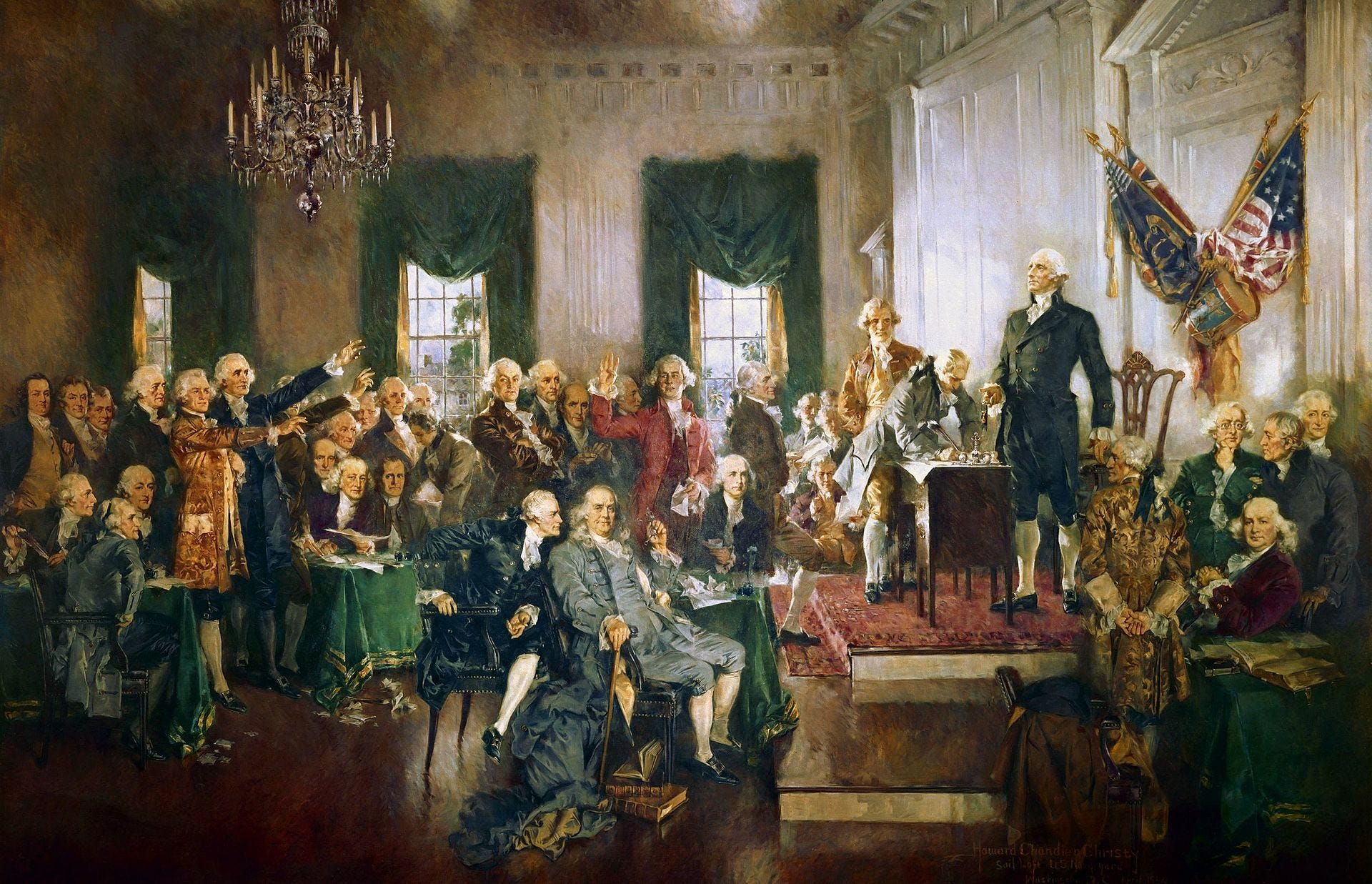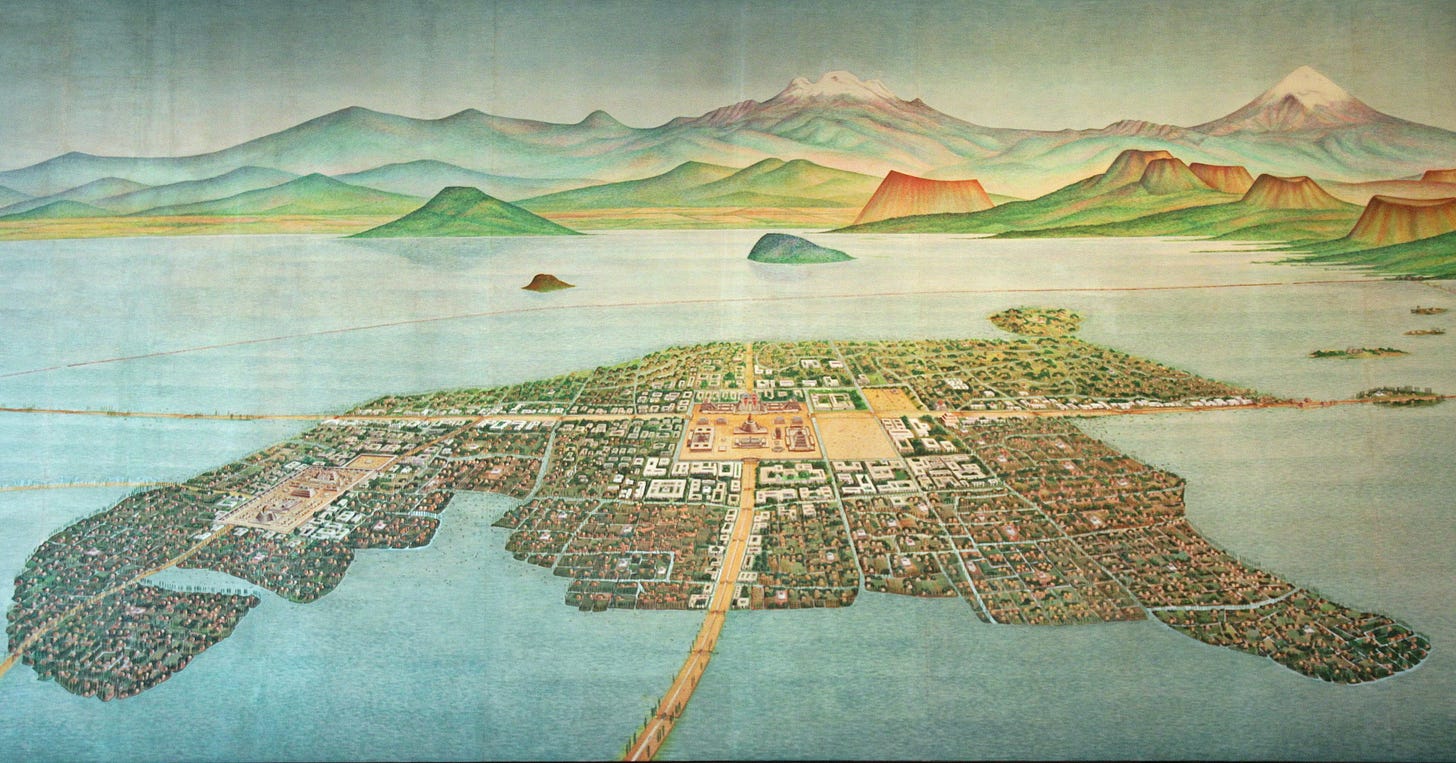I’m working on some serious articles but I don’t feel up to writing a serious article tonight. I’ve also been reading a ton of stuff about history lately and I feel like sharing it, so here are some cool history facts that I’m writing down while I work on researching and outlining my next few articles.
The Nazis never called themselves Nazis—It was a derogatory term
For a movement that was so good at propagandizing, the NSDAP was actually on the receiving end of some serious bangers as well. Millions of people actually believe Hitler only had half a nutsack because of a comedy song.
Of course it helps that we won the war, history being written by the victors and all.
But it turns out the word Nazi itself is also a work of anti-Nazi propaganda, in this case originating with anti-Hitler activists (not always liberals; the Nazis also had rivals on the right in the early days) in Germany and Austria. Nazi used to be a shortened form of Ignaz, which is a stereotypically Bavarian redneck-y name, and the Nazi party originated in Bavaria. It’s rather like calling American righties Bubbas or Cletuses.
After Hitler’s rise to power, German and Austrian exiles popularized the term while drumming up opposition to Hitler. After the war, it became popularized in Germany thanks to the allied occupation forces.
I have no idea whether neo-Nazis realize they’re essentially calling themselves hillbillies. I wouldn’t put it past them.
The word “Hello” was made up by Thomas Edison—And we almost used “Ahoy” instead
Okay, he didn’t exactly make it up, but the word hello originated in the early 1800’s as a way to attract attention or express surprise, not as a greeting. When Thomas Edison and Alexander Graham Bell were working on the telephone, they realized people would need to say something at the start of the conversation just to let the other person know they were on the line.
Edison favored hello, while Bell suggested ahoy. Edison won out, and then hello started being used as a standard greeting for in-person conversations. Few people realize that we all came very close to talking like pirates.
Yes, The Simpsons made a reference to it, which hardly anybody understood.
Nobody’s quite sure where the word “Okay” comes from
You may have heard that it comes from “Old Kinderhook,” a nickname for president Martin van Buren. That use of the term did occur, but probably isn’t how the world okay got popularized.
The leading theory is it originated with a fad in Boston of using misspelled abbreviations in conversation, possibly standing for “oll korrect.” An alternative theory is that it comes from the Choctaw word okeh, which means something like “It is so.” There’s also an African-origin theory that doesn’t have as much evidence for it.
But ultimately, we’re not sure. It could well be a confluence of several of those.
You’re picturing Cortez’s conquest of the Aztecs all wrong
I got most of this from a book called The True History of the Conquest of New Spain. Despite the name, it’s not all true, because it was written by a conquistador, Bernal Diaz. You obviously shouldn’t believe the exaggerated stories of human sacrifice, cannibalism, or how the Aztecs, like, totally started the fight.
The author isn’t a very good liar though, and there’s plenty of stuff he either couldn't lie about or didn’t have any motive to lie about. Here are a few surprises:
Conquistador expeditions after Columbus weren’t funded by the crown. They were self-funded in a manner surprisingly similar to modern tech startups, with people getting shares both for joining the expedition and for providing money or supplies.
The Aztecs had met at least one Spaniard before– a priest who they were holding captive, who was rescued by the expedition early on.
There were actually people in Spain who spoke out against the brutality of the conquistadors, including that very same priest. In fact Diaz wrote the book partly in a badly misguided attempt to refuse those criticisms.
The Aztecs had domesticated turkeys.
The Aztecs knew about the Spaniards before they showed up. They didn’t know much, the empire had a sophisticated intelligence network that had passed along word of previous expeditions that explored near the south end of the empire.
The Spaniards did arrive on one of the holy days that the Aztec gods were supposed to return, but this didn’t really fool most Aztecs into thinking they were gods.
Tenochtitlan, now Mexico City, looked shockingly modern. Streets laid out in a grid to distribute traffic evenly, causeways connecting the middle of the city, on an island in a lake, to the outskirts along the shore of the lake. The whole place looked like something out of a Bronze Age fantasy movie.
Montezuma agreed to rule as a vassal of Spain— in fact the book describes him in glowing terms. He was killed by his own people who wanted to fight the Spaniards, and that’s when the war really kicked off.
Most of the fighting was done by Tlaxcaltecs, a subject people of the Aztec Empire. You probably knew that, but what you probably didn’t know was that the Spanish later employed Tlaxcaltecs as military auxiliaries. Some of them participated in the Spanish conquest of the Phillipines, and at one point they fought against Japanese pirates and samurai.
Colonial Americans were the biggest alcoholics ever
Granted, it was common for people at the time to drink light beer instead of water because the alcohol kept it sterile. Americans in the 17th and early 18th centuries went a bit further, however….
In 1790, United States government figures showed that annual per-capita alcohol consumption for everybody over fifteen amounted to thirty-four gallons of beer and cider, five gallons of distilled spirits, and one gallon of wine.
They actually viewed alcohol, or even multiple types of alcohol, as an important part of a balanced diet. The signing of the Declaration of Independence turned into a massive keg party that used up all the booze in Philadelphia and the surrounding environs. So did the constitutional convention in 1787, thanks to a massive pub crawl kicked off by none other than George Washington.
I have no idea how we survived as a country.
I’ve got plenty more like this. If this article interests people, I’ll make it a regular column.






